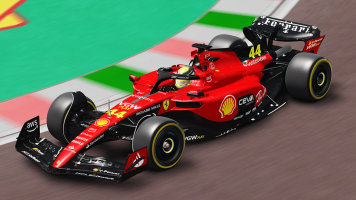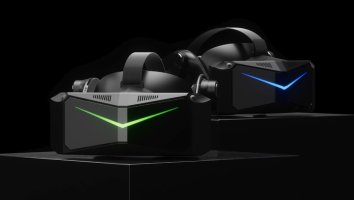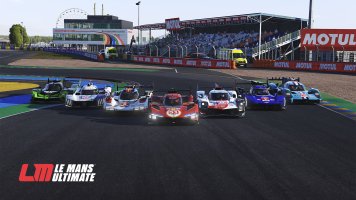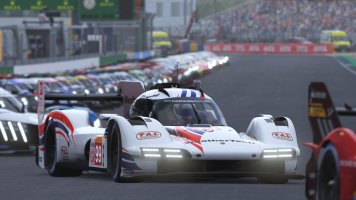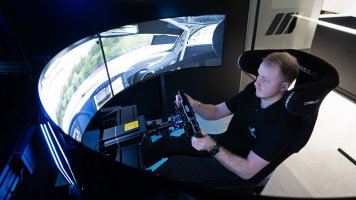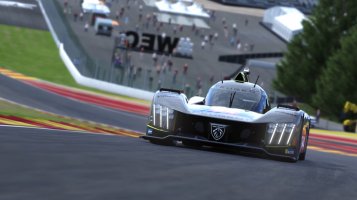demetri
Premium
Why does super sampling affect CPU usage though? It should be a GPU-intensive loadIn real VR test cases I can tell you that with all the i9-9900K cores running 4.8GHz wirh 4 x 8Gb 3200MHz DDR4 memory I can max out one or two of it's cores easily just by tweaking the super sampling.
The key problem is still lack of parallel processing by the game engines because there is plenty of extra CPU horsepower being wasted.



